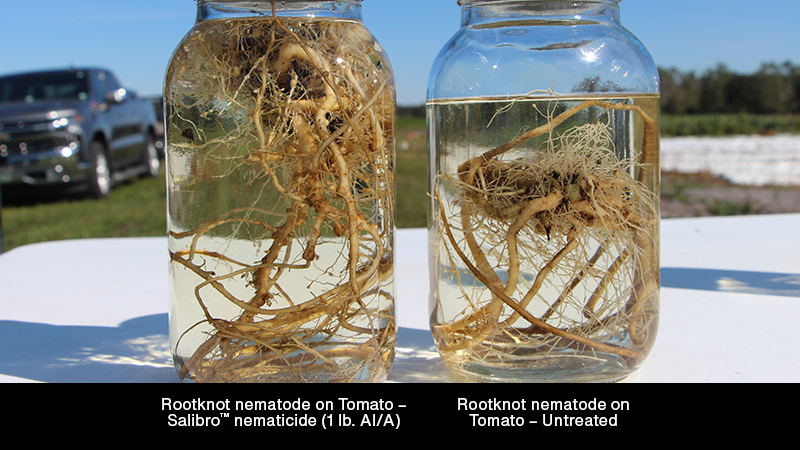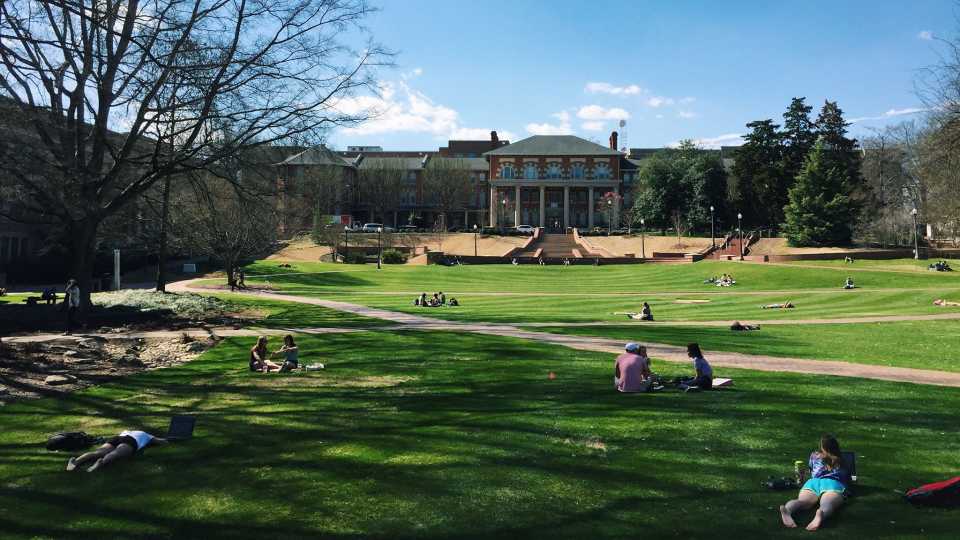Opinion: Lessons Learned From IFTA Conference In Germany
This month’s issue has something of a German flavor, including coverage of the International Fruit Tree Association’s (IFTA) 52nd annual conference, held in early February in the Berlin suburb of Potsdam. I learned a lot of fascinating tidbits on the bus tour — IFTA’s bus rides are legendary — that I’d like to share with you. So in honor of Paul Harvey, the news commentator who passed away recently, here’s the rest of the story. (Much of the information below is courtesy of tour guide Ines Hanrahan of the Washington Tree Fruit Research Commission, who grew up in East Germany.)
• Growing conditions are a mixed bag. There’s plenty of loam, but four ice ages left the area with a lot of sand, which is why you don’t see any real skyscrapers in Berlin. They get a lot of scab and mildew because most of the 24 to 30 inches of precipitation comes in July and August. That’s also why they’re doing a lot of research on covering cherries. Most plantings aren’t even irrigated, a fact that jolted this Californian. What was almost tougher to believe, as someone who’s written about the benefits of fumigating before replanting, is that no fumigants are registered in Germany. They also have no pre-emergent weed control materials.
• There are a lot of wild hogs, but not a lot of people. The former is because the general population can’t own guns because of the de-militarization of Germany following World War II. The latter is because they don’t generally go for big families; the birth rate is actually below 1.0. Despite the lack of people, there’s graffiti everywhere. Seriously, some of these Berliners would make L.A. gang members look positively shy about wielding a spray can.
• If you go there expecting most everyone to speak English, you’re going to be disappointed. Sure, many of the growers above a certain age took a second language in school. But for someone growing up in East Germany, that language wasn’t English, it was Russian.
• Agritainment is becoming a very big deal. We visited one large commercial operation with several hundred acres of mostly apples that has its own riding stables. Besides horseback riding, visitors are encouraged to spend a holiday on the farm, with hiking, fishing, etc.
• Though the Berlin Wall fell nearly 20 years ago — they will mark the anniversary in November — they still feel the effects of communism. After World War II there were many smaller family-operated farms. But when the wall went up 40 years ago, the communists argued that bigger was better, and 2,000 family farms became 45 collectives. The lost connection of ownership is still a problem today, said one grower, Manfred Lindicke. The workers at the collective farms thought it was like a regular 9-to-5 weekday job. “But you can’t be profitable that way; that’s not how orchard work is,” he said, adding that he works not so much in horticulture, but on people issues. “We know that problem,” one of the North American visitors called out.









